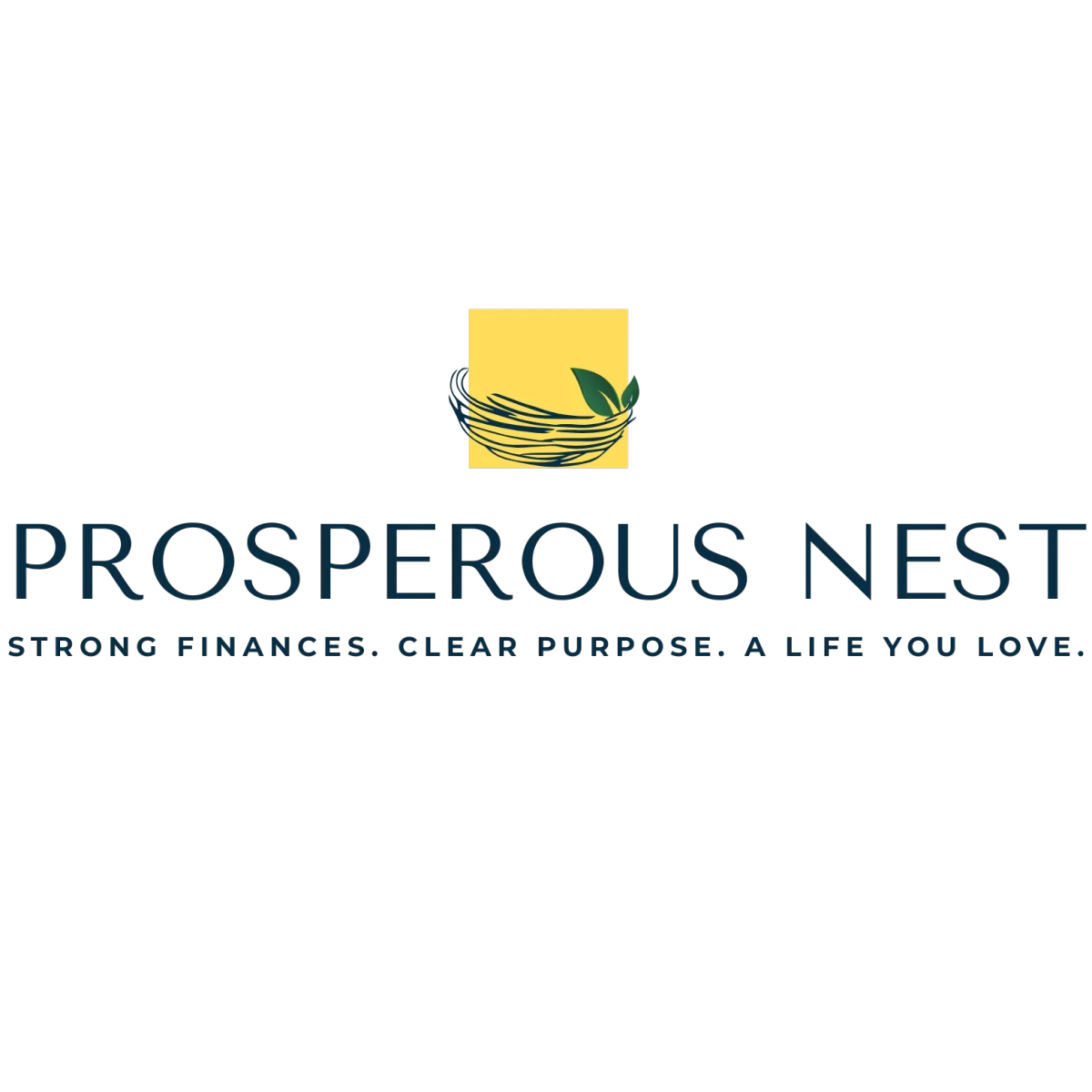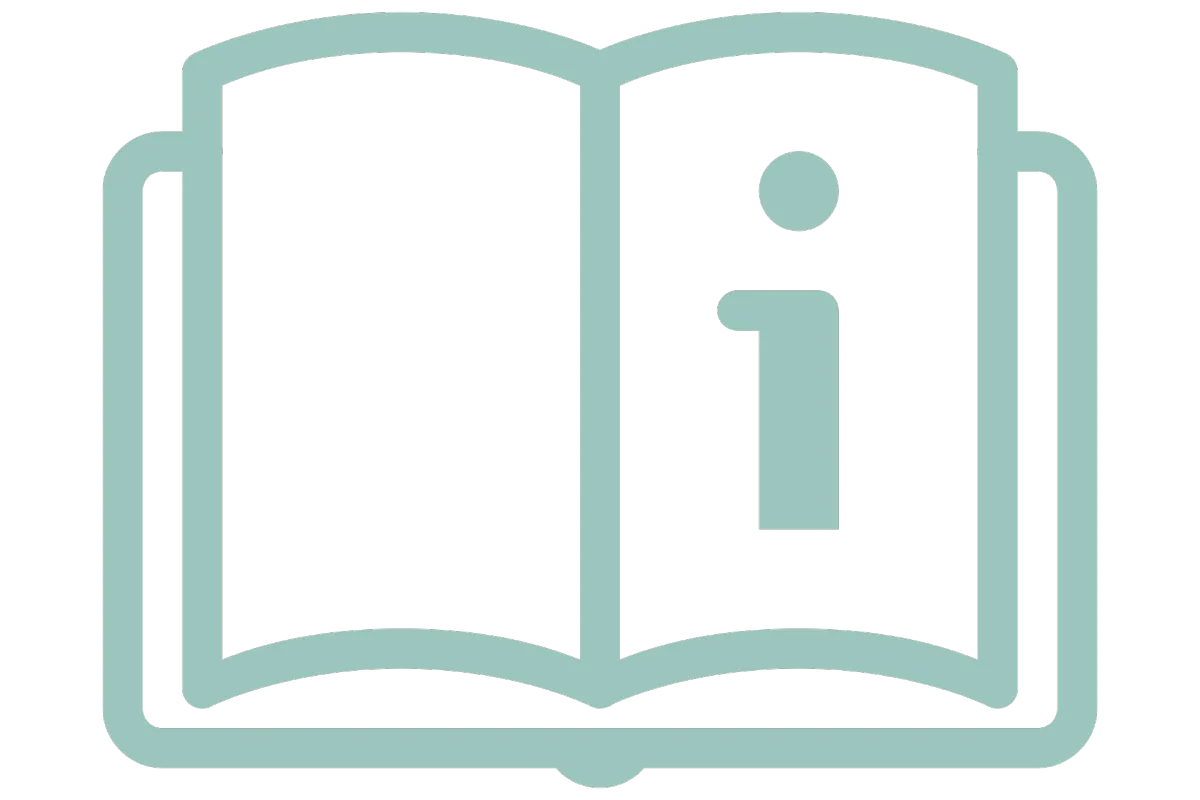
How to Start Learning Money (Instead of Just Using It)

I was having a money conversation with a friend recently (because let's be honest, I'm a bit of a nerd and talking about money is what I do 😉).
As we talked, I could sense the frustration beneath her words. She's a successful adult by anyone's standards: solid job, beautiful home, great family. But then she quietly admitted something I hear all the time:
"I'm still struggling with this money thing."
She wasn't ignoring the problem. She was trying. But without ever being taught how to manage money, she kept falling into the same patterns and carrying that quiet shame.
Like she was supposed to magically know how to do this without ever being shown.
I looked at her and asked, "How can you expect to be good with money if you've never actually learned how?"
She paused. You could almost see the weight lift.
It was as if, for the first time, she realized: Maybe I'm not failing, I just haven't been taught.
Managing Money Is a Learnable Skill
I've seen this happen so many times. We beat ourselves up over money, convinced we should be better at it by now.
But here's what I want you to know: Managing money is a learnable skill. It's not a talent you're born with. It's not something you either "get" or you don't.
If my daughter decided to learn piano tomorrow, no one would expect her to sit down and play Mozart by Friday.

She'd start with notes, rhythm, and lots of practice.
Money works the same way.
When you start to see money as a skill you're building, it removes the shame. You stop thinking, "I'm bad with money," and start thinking, "I'm learning how to manage it."
That shift? It opens the door for real growth.
And it starts with the words you use.
The Words You Use Matter More Than You Think
Our brains are powerful. When we believe we're "bad with money," our behavior lines up with that belief.
But when we tell ourselves we're learning a skill, that's when real transformation becomes possible.
Think about when you're shopping for a car. The moment you start researching a certain make and model, you suddenly see it everywhere. Those cars didn't just appear, your brain simply was now tuned in to notice them.
The same thing happens with money.

If you tell yourself, "I'm bad with money," your brain starts looking for proof.
Every forgotten bill, every overspend, every impulse purchase becomes evidence.
And the cycle continues.
But when you change your language to, "I'm learning the skills to manage my money well," your brain shifts gears.
It starts spotting moments of progress, small wins, and opportunities to practice.
And that's the key word: practice.
Money skills are learnable. And like any skill, they take time to develop.
The more you practice, the more confident you become.
I Had to Learn, Too

I read the books. I listened to the podcasts.
I tried the "money rules."
But translating those good ideas into practical habits that actually fit our real, messy, everyday life?
That felt like a whole different challenge.
Working with a coach helped me practice those skills regularly until they became second nature. That's the heart of real financial transformation.
Not memorizing rules but learning how to make money work for your actual life.
And as I learned and practiced, I started noticing something:
There's a difference between using money and learning money.
Using Money vs. Learning Money

Most people are really familiar with using money.
We use it to buy groceries, pay bills, take a vacation, grab dinner out.
That's the daily rhythm most of us know.
But learning money? That's different.
Learning money means understanding what those purchases mean for the bigger picture of your financial life.
Here's what that looks like in real life:
You check your bank account and see a few thousand dollars sitting there. It's easy to think, "Hey, I can finally get that new couch... or maybe upgrade my phone."
Before long, that "extra" money starts disappearing on dinners out, weekend trips, or those little Amazon orders that somehow always add up.

But then, a few weeks later, your car registration hits.
Or your insurance bill is due.
And suddenly that cushion doesn't feel so comfortable anymore.
Learning money is what helps bridge that gap.
It's not just about spending less, it's about understanding your timing, your priorities, and the systems that keep your money working for you instead of against you.
Understanding the rhythm of your money, what's coming in, what's going out, and when, is one of the most powerful habits you can build.
One Learnable Skill: Timing and Planning
This is where paycheck budgeting comes in.

Instead of stretching your money across a whole month and hoping it lasts, you plan for the bills and expenses that fall between one paycheck and the next.
Here's how it works:
You match the flow of money into your account with the timing of money leaving it.
Then you set aside small amounts for non-monthly expenses, car registrations, oil changes, birthdays, Christmas, so they stop feeling like surprises.
When you start giving every paycheck a job, the "surprises" stop feeling like emergencies.
Your money system finally fits your real life.
And that's where peace starts to replace pressure.
Why This Matters
Most people try to budget monthly, but that's not how real life works.
Bills and spending don't line up neatly with the calendar.

When you budget by paycheck instead, you're simply planning for what needs to happen between now and your next paycheck. That's it.
You'll know exactly:
→ Which bills get paid from this check
→ How much you need for everyday spending (groceries, gas, etc.)
→ How much to tuck away for those non-monthly expenses
Some paychecks will feel tighter than others, and that's completely normal. The paychecks with lighter bills can help prepare for the ones with heavier expenses.
This isn't complicated. It's just intentional.
Once you start budgeting by paycheck, you’ll finally feel the calm that comes from seeing what’s ahead instead of guessing, and you'll wonder why no one taught you this years ago.
From Shame to Building Skills
So if you've ever caught yourself thinking, "I'm just bad with money," pause right there.
What if that's not true? What if you simply haven't been taught yet?
Learning takes time, practice, and a whole lot of grace.

Growth in this area doesn't happen overnight.
But with each intentional choice, you're strengthening a muscle that will serve you for the rest of your life.
Try This
This week, take a few minutes to look at your next two paychecks.
Write down the date each one arrives. Then under each paycheck, list what's due before the next one: bills, birthdays, car maintenance, subscriptions, anything that needs to be paid.
Now notice: Does one paycheck have more expenses than the other?
If so, that's completely normal. And here's the shift: the paycheck with lighter expenses? That's your chance to set a little extra aside for the heavier one coming up.
Even $50 or $100 tucked away can make the next cycle feel so much smoother.

That's the first step in learning money.
Seeing your finances as a rhythm you can plan for, not a guessing game you have to react to.
You Can Learn This
Managing money isn't a mystery, and it's not a personality trait.
It's a skill you can learn, one that can bring peace, clarity, and freedom to your life.
If this idea that money is a learnable skill feels freeing, you're already on the right path.
You don't need a complicated plan. You just need a clear starting point and a little practice.
That's exactly what my free guide, 3 Real-Life Steps to Stop Stressing About Money, is designed to help you do.
Inside, I'll walk you through the same first steps I teach my clients.
Simple ways to start learning money instead of just using it.

You'll see how to:
→ Build clarity around where your money is actually going
→ Break down those non-monthly expenses so they stop catching you off guard
→ Start budgeting by paycheck so you can finally see the rhythm we talked about today
It’s practical, doable, and designed to help you take what you learned here and put it into action right away.
And if you're ready for a little extra support, that's where coaching comes in.

Sometimes, we're so close to our own money patterns that it's hard to see clearly. We get stuck in the same cycles, carrying the stress silently, not sure where to start or how to make real progress.
Having someone walk alongside you, someone who can help you see what you can't see on your own, makes all the difference.
My role isn't to tell you what to do. It's to help you:
→ Build clarity around where you really are
→ Create a plan that fits your actual life, not someone else's formula
→ Practice these new skills with steady support and accountability
→ Feel confident and hopeful about your financial future
I can help you take those first steps we talked about today: getting clear on your money picture, learning to budget by paycheck, and building systems that actually stick.
You don't have to do this money thing alone.
If you're curious about what coaching could look like for you, visit my Work With Me page.
And when you're ready, you can book a free 20-minute Q&A call to explore if it's the right next step.
Using money isn't the same as learning money. And once you learn it, everything changes.

Here's to learning money, building strong finances, and creating a life you love,
Christi
P.S. I'd love to hear what stands out for you after reading. If something clicks or brings a new sense of clarity, shoot me an email [email protected] and share your "aha" moment, I read every message that comes through.



